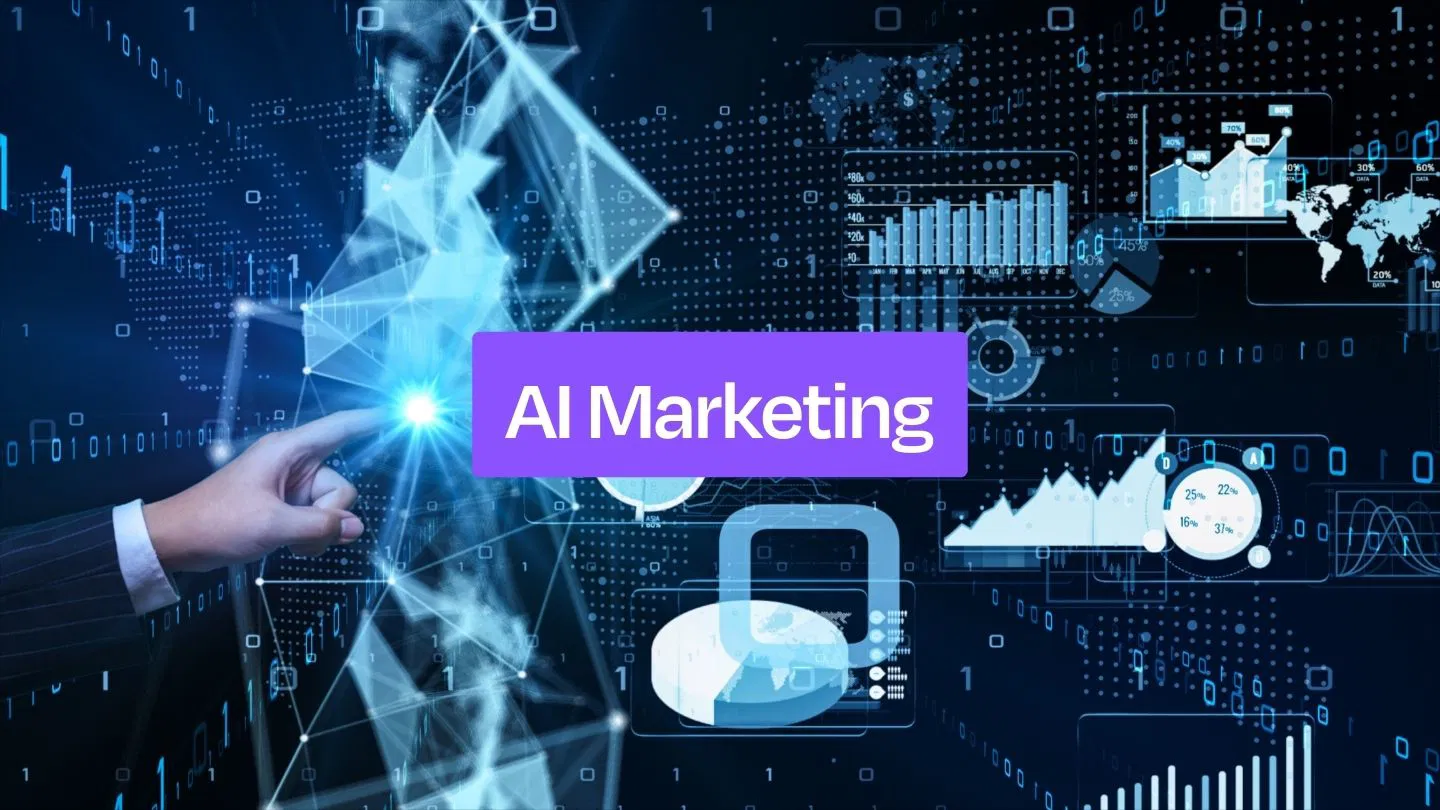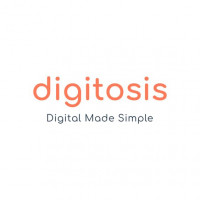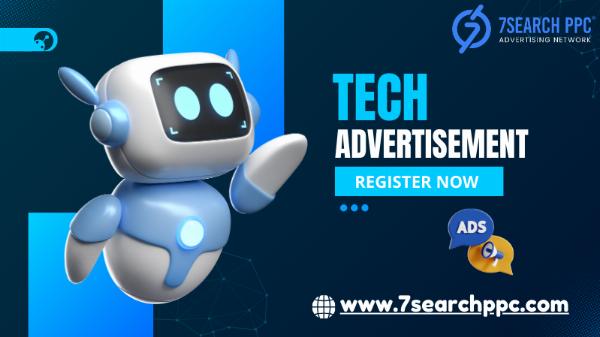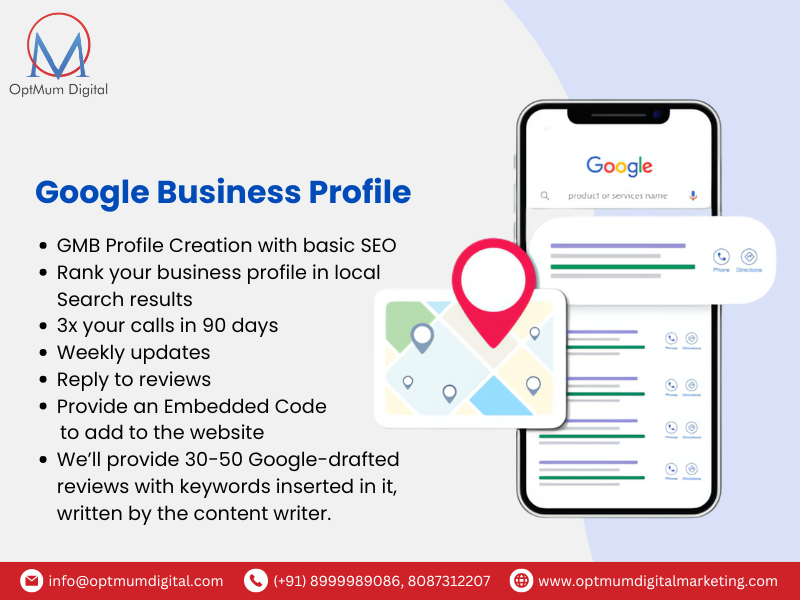How Marketing is Changing in the Lens of AI

Strong 8k brings an ultra-HD IPTV experience to your living room and your pocket.
In recent years, Artificial Intelligence (AI) has revolutionized industries across the globe, and marketing is no exception. With AI transforming how businesses interact with consumers, personalize content, and predict trends, marketers are finding innovative ways to harness the power of machine learning, automation, and big data. This blog delves into how marketing strategies are evolving through AI, exploring trends, challenges, and future prospects. From AI-driven customer segmentation to intelligent ad campaigns, the landscape is shifting, and brands must adapt to stay ahead.
AI: The New Marketer's Best Friend
Artificial Intelligence has quickly become a key player in the marketing world, providing insights, tools, and solutions that were previously unimaginable. According to a report by McKinsey, companies that integrate AI into their marketing efforts see a 10% to 20% increase in marketing ROI. With the increasing reliance on data, businesses now use AI for everything from improving customer experience to automating content creation and optimizing advertising campaigns.
1. AI-Powered Personalization
One of the primary ways AI is reshaping marketing is through personalization. Consumers today expect brands to know them, understand their preferences, and deliver tailored experiences. AI is enabling businesses to meet these expectations by analyzing vast amounts of consumer data, which includes purchasing behaviours, social media interactions, browsing habits, and even sentiment analysis.
By leveraging machine learning algorithms, AI allows companies to personalize emails, recommend products, and even offer real-time customer support. According to Salesforce's "State of Marketing" report (2024), 70% of consumers expect personalized experiences, and 80% are more likely to purchase from brands that offer personalized services. Marketers are already using AI to track customer journeys and adjust their strategies accordingly to enhance user engagement and boost conversions.
2. Data-Driven Insights for Smarter Decisions
Data is often referred to as the new oil in the digital age, and AI is the refinery. AI’s ability to analyze vast amounts of data, detect patterns, and make predictions is helping marketers refine their strategies with unparalleled precision. Traditional methods of market research, such as surveys and focus groups, are still valuable but are often slow and less comprehensive. AI, on the other hand, can sift through thousands of data points in real time to uncover insights that would have been impossible to identify manually.
In fact, Statista’s 2024 research indicates that 62% of marketers are now using AI to analyze data, while 56% are applying it to predict customer behavior. From identifying purchasing trends to anticipating potential churn, AI is enabling businesses to optimize their marketing tactics and create strategies based on solid evidence rather than guesswork.
The Rise of AI-Driven Advertising
Advertising is perhaps the most visible area where AI has had an immediate impact. With the proliferation of digital media, businesses need to ensure their ads reach the right people, at the right time, with the right message. AI allows marketers to do just that with targeted advertising powered by algorithms and predictive analytics.
1. Smarter Ad Placements with AI
Gone are the days of broadly targeting large groups of people with a single message. Today, AI-driven advertising platforms like Google Ads, Facebook Ads, and others utilize machine learning to create highly personalized ad campaigns. By analyzing consumer behavior, search intent, and engagement history, these platforms serve tailored ads to individuals based on their interests, demographics, and even real-time location.
Research from HubSpot (2024) reveals that 74% of digital advertisers believe AI-driven ad targeting has significantly improved their return on investment (ROI). AI also helps in optimizing ad budgets by predicting the best-performing ads and allocating resources accordingly.
2. Programmatic Advertising and Automation
Programmatic advertising, which automates the buying and selling of digital ad space, is another domain in which AI is making a substantial impact. Through machine learning, advertisers can automate bids in real time, ensuring they get the best possible prices for ad placements. This shift to automated processes enables marketers to focus on strategic decision-making while AI handles the time-consuming aspects of ad buying.
Additionally, AI-driven platforms optimize the content and layout of ads to improve conversion rates. In fact, the use of AI in programmatic advertising grew by 22% in 2024, according to eMarketer, with businesses investing in AI tools to maximize efficiency and reduce human error.
AI in Content Creation and Copywriting
The rise of AI has not only changed how we approach advertising but also how content is created. Content is the backbone of digital marketing, and AI is now playing a major role in content generation, SEO optimization, and even social media management.
1. Automated Content Generation
AI-powered content creation tools, such as OpenAI's GPT models (which powers this very blog), are making it easier for marketers to generate high-quality content in a fraction of the time. These tools can generate blog posts, social media captions, email templates, and more with a high degree of accuracy and relevance.
According to the Content Marketing Institute (2024), 66% of marketers use AI to enhance content creation, with 51% leveraging it for blog posts and articles. AI can also help optimize content for SEO, ensuring that it ranks higher in search engine results by suggesting keywords, improving readability, and analyzing competition.
2. AI in Social Media Marketing
On social media platforms, AI is driving new levels of engagement. Algorithms like Facebook's and Instagram's AI-driven systems analyze user behavior to ensure that the most relevant posts appear in users’ feeds. Marketers can tap into this power by using AI tools to schedule posts, track engagement, and measure the performance of their campaigns in real-time.
AI’s ability to analyze sentiment is another game-changer in social media marketing. By analyzing user comments and reviews, AI can help businesses understand how their audience feels about their brand, products, or services, enabling them to fine-tune their messaging accordingly. According to a recent survey by Sprout Social, 63% of marketers have seen improved social media ROI by using AI tools to track sentiment and engagement.
The Ethical Side of AI in Marketing
As AI continues to transform marketing, there are ethical considerations that businesses must address. Privacy concerns and the potential for data misuse have been hot topics, especially with the rise of AI-driven personalization. Consumers are becoming increasingly aware of how their data is being used, and companies must ensure transparency and compliance with privacy regulations such as GDPR.
1. Data Privacy and Consent
AI’s ability to personalize marketing experiences relies heavily on data collection. However, businesses must be cautious about how they gather, store, and use this data. Ensuring customer consent and being transparent about data usage is essential for maintaining trust. According to a 2024 survey by Accenture, 56% of consumers say they are concerned about how companies use their personal data, and 68% are more likely to engage with brands that prioritize data privacy.
Moreover, AI must be used in a manner that prevents biases in decision-making. Marketers must ensure that AI models are trained on diverse and unbiased data to avoid reinforcing harmful stereotypes or exclusionary practices. As AI continues to evolve, maintaining fairness and accountability will be crucial to building lasting customer relationships.
Future Outlook: The Sky’s the Limit
As we look to the future, the potential for AI in marketing is limitless. With advancements in natural language processing (NLP), computer vision, and even AI-powered virtual assistants, marketing will continue to evolve at a rapid pace. According to PwC, 74% of marketers believe AI will be a key driver in shaping the future of marketing over the next five years.
The integration of AI with augmented reality (AR) and virtual reality (VR) could offer even more immersive and personalized experiences. Imagine an AI-powered marketing campaign that uses AR to allow customers to try on clothes virtually or test products before purchasing—all while receiving personalized recommendations based on their preferences.
Conclusion: AI is the Future of Marketing
In conclusion, the lens of AI is not just changing marketing—it is reshaping the entire landscape. By offering unprecedented capabilities in personalization, data analysis, and automation, AI is empowering marketers to craft more meaningful and effective campaigns. To summarize:
- Personalization: AI helps create tailored customer experiences based on data insights.
- Advertising: AI is transforming ad targeting, programmatic advertising, and budget optimization.
- Content Creation: AI tools are enhancing content generation, SEO, and social media strategies.
- Ethics: Marketers must prioritize data privacy and ethical considerations in AI-powered campaigns.
- Future: AI holds limitless potential, with innovations like AR/VR integrations on the horizon.
As businesses strive to stay competitive in a digital-first world, those that embrace AI-driven marketing strategies will undoubtedly have an edge. Companies like Evolute, at the forefront of AI marketing solutions, are helping brands leverage these technologies to unlock new growth opportunities. The future is bright, and AI is the key to unlocking marketing’s next frontier.
Takeaways:
- AI is revolutionizing marketing by enhancing personalization, ad targeting, and content creation.
- 70% of consumers expect personalized experiences, driving businesses to integrate AI into their marketing efforts.
- Ethical considerations, such as data privacy and transparency, must be prioritized.
- As AI evolves, marketers must stay ahead of trends to remain competitive in an increasingly AI-driven landscape.
Note: IndiBlogHub features both user-submitted and editorial content. We do not verify third-party contributions. Read our Disclaimer and Privacy Policyfor details.







